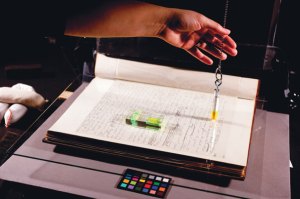Tag: Mark I
-
Science & Tech
Mark I, rebooted
After a yearlong delay, the landmark Harvard IBM Mark I Automatic Calculator shifts residences to its new Science and Engineering Complex in Allston.

-
Science & Tech
She made her mark
Journalist Walter Isaacson and College students talk about the achievements and challenges for women in the field of computer science, including pioneer Grace Hopper.
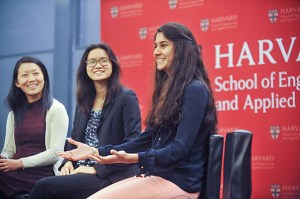
-
Science & Tech
Grace Hopper, computing pioneer
Author Walter Isaacson’s new book is “The Innovators: How a Group of Hackers, Geniuses and Geeks Created the Digital Revolution.” Here is an excerpt about computing pioneer Grace Hopper from his book.
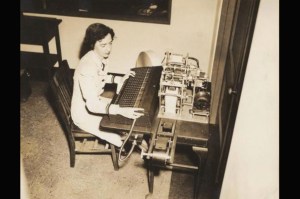
-
Science & Tech
Major boost for computer science
Steve Ballmer was joined by President Drew Faust and School of Engineering and Applied Sciences (SEAS) Dean Cherry Murray at an iLab event to formally announce that the University will increase its computer science faculty by 50 percent over the next few years, to 36 from 24.
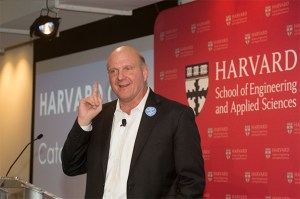
-
Science & Tech
Ghosts in the machines
Best-selling author Walter Isaacson ’74 talks about the history of the computer and the Internet.

-
Science & Tech
Down to the details, a giant in computing history
University leaders gathered at the Science Center to celebrate an update of the Harvard Mark I exhibit.

-
Science & Tech
Dawn of a revolution
When Bill Gates came to Harvard as a student, he was known for his myriad interests and unconventional study habits. And then there was his endless fascination with computers, Walter Isaacson writes.
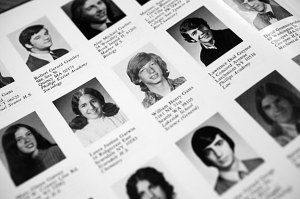
-
Science & Tech
First Programmable Computer
Michael D. Smith Dean, Faculty of Arts and Sciences John H. Finley Jr. Professor of Engineering and Applied Sciences, SEAS
-
Campus & Community
Harvard at 375
The University gets ready to celebrate its classic values, as well as its recent innovative momentum in the sciences, public service, diversity, internationalism, and the arts. Oct. 14 will be the launch of the official 375th anniversary.
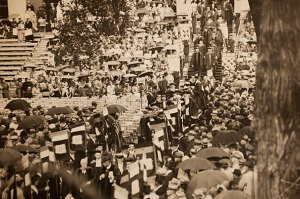
-
Science & Tech
Digital drive
Across the University, digitization is rapidly changing the nature of scholarship, opening doors to information and collaboration, and redefining research and education.
